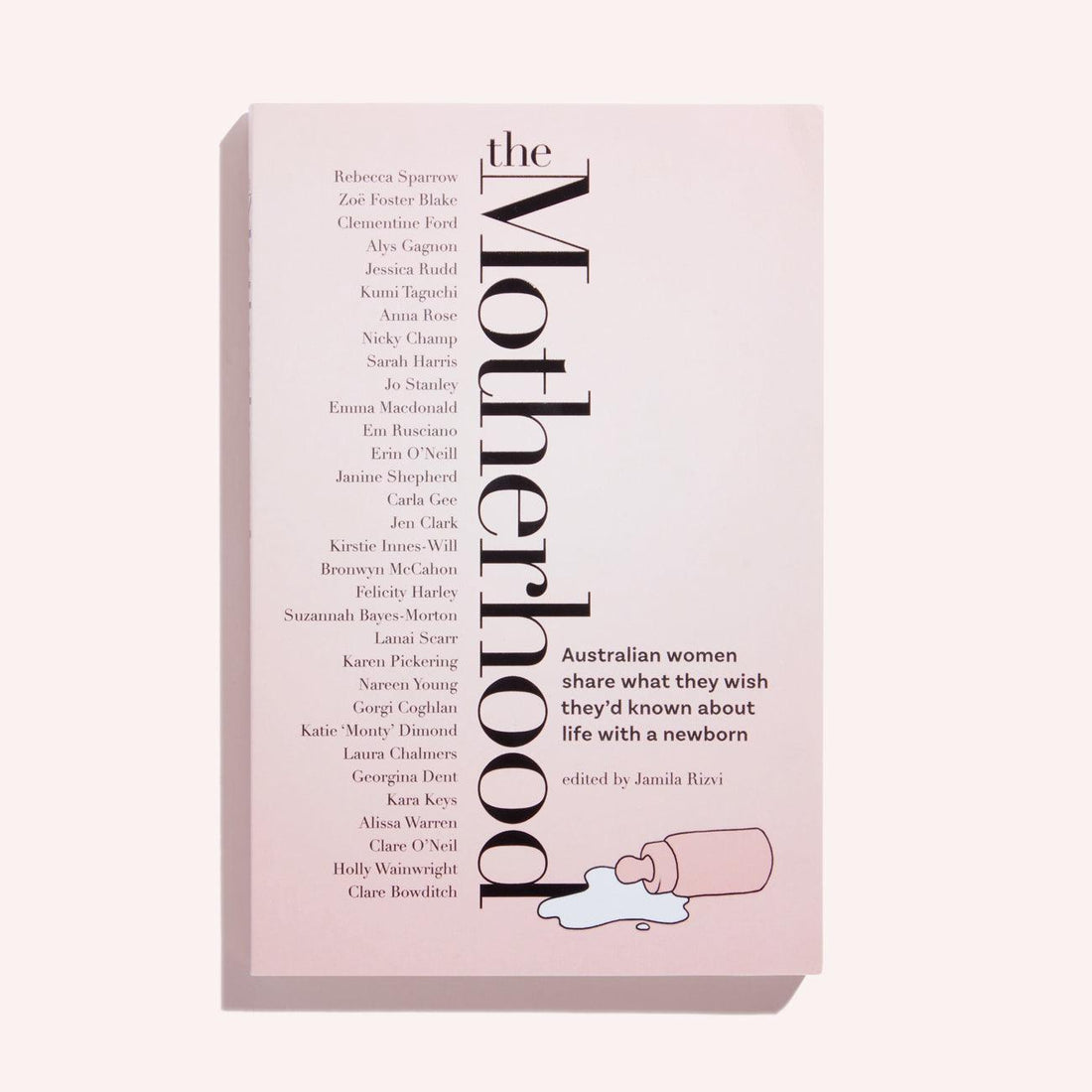Postpartum is commonly referred to as Trimester Four. Life after birth is a time of utter newness. This can bring the good, the challenging and the shadows of doubt. When you bring a newborn home, life truly changes then and there … in ways you’re unable to fathom until it happens.
While planning for the unknown seems tricky, setting up some basic support networks and coping mechanisms can only be a positive. Listed below are some general tips and tactics that may offer a ‘crutch’ should you need, as you approach the uncharted territory;
- Know what to expect. Talk to mothers who you know and trust, and ask them what they wish they knew before welcoming their newborn.
-
Consider boundaries. It’s hardly a spoiler alert to say that with a newborn baby comes sleep deprivation and a period of both physical and emotional vulnerability. With this in mind, it’s absolutely ok to ask that family and friends text or call before coming over to see you, meet your baby or drop off a gift or meal. A simple group message can be hugely effective. “Hi all. As we prepare to meet our baby, we feel excited for the many meets and greets to follow the birth. As it’ll no doubt be an overwhelming time, we’d be so grateful for a text or call prior to any visits. This way we can make sure we are our best selves when you pop over. Much love.’
-
Consider your mental and physical health post birth. While it’s not mandatory, checking your bloods at month 3, 6 and 12 during postpartum to detect any major changes to your hormone levels, can be advantageous. If you suddenly feel depleted or unlike yourself at any point during postpartum, having an accurate reading of your hormone levels will deliver actual and telling insight. Another good idea is to book a psych appointment in advance to create a dedicated time and space to check in with your mental health.

- Read into Postpartum Doulas. The word “doula” comes from the ancient Greek language and means ‘a woman who serves.’ In regards to a postpartum doula, think of it as mothering the mother. A postpartum doula is employed to provide guidance and support to the mother of a newborn baby. While not everyone will lean into welcoming this presence into their home at such a time, many will uncover numerous benefits. Pending their role and proposed package (including both time and services) a postpartum doula’s fees range from $500 to upwards of $5000.

- Meal Prep. Never underestimate the comfort, the efficiency and the sheer delight of a well stocked fridge, freezer and pantry. And we’re not referring to fresh produce but rather ready made, good to go meals (and snacks). Of course the shops are not going to vanish after birth, but your available time will. Asking friends and family to support your growing brood by orchestrating a meal train or taking it upon yourself to arrange a meal delivery service, are fabulous ideas. A new mum in the trenches of motherhood, feeding, recovering and not sleeping, deserves nutrient rich meals in reach and on demand


- Align with your partner on roles and values. Talking to your partner about expectations, worries or assumed ‘roles’ before the birth, could be your ticket a harmonious household. As it’s likely your baby will be glued to you for many of the early days, explaining to your partner the ways they could support you, will be favourable to all.
If a tidy home makes you feel calm and in control, asking your partner to take charge of the cleaning may just give them a sense of purpose, which they’ll probably really appreciate! If you place particular value on sharing photo and video updates with particular people, assigning this task to your partner is another way they can help. Again, it will allow them to feel useful during a time they may otherwise feel a little useless.
Healing Childhood Wounds, Self Regulation and Mothering Through a Perinatal Psychologist’s Lens




